This May, Indian Express carried an article on Shimla’s worst water crisis. In many ways, it represented the state of affairs in all our hill stations. We could replace Shimla with Mussoorie, Darjeeling, Manali, Mahabaleshwar, Ooty or Coonoor in the Nilgiris. And, perhaps soon Leh-Ladakh as well.
More of us are taking to the roads now. Many once-remote areas are now connected and accessible. More of us are sharing photos and stories online, inspiring many more to travel. All at the cost of natural resources in all these places. In May itself, Arre, an online platform, featured an interesting and thought-provoking story, “Footloose & Deluded: How the Millennial Obsession With Travelling Is Ruining the World.”
Nilgiris conjures in our minds a captivating image of bluish-green hills and blue sky. Well, you could see that even now, except that bluish-green is marred at many places by buildings painted in various colours. We were in Nigiris after 22 years and were excited to visit many of the places we had visited in the past. Even in the mid-90s, during the tourist season, traffic jams were common in the Ooty city. So, we were prepared for that. But Ooty city has changed beyond recognition. A local resident even mentioned that as a city, Ooty could soon become as big as Coimbatore!
We stayed in Coonoor and spent a long time every day walking (and occasionally taking local buses) and exploring different areas around Coonoor. And that’s when we had the big shock. As the pictures below will tell you. Waste dumped on roadside was seen throughout—residential areas, main roads, picnic spots (splattered across the landscape beyond the reach of our eyes), forests, and even the tea estates. We stopped clicking photos once we realised that there is no end to this. The scenes around Ooty were obviously worse than these.
Jared Diamond, the famous and award-winning anthropologist, ecologist, biologist and science writer in his seminal book, Collapse: How Societies Choose to Fail or Survive, talks about the reasons on why some societies make disastrous decisions on environmental and ecological matters that are closely connected to survival. These are a) failure to anticipate, b) failure to perceive, and c) failure to even attempt to solve for a variety of reasons. That the Nilgiris is a biodiversity hotspot, so critical to the survival of millions of people doesn’t need reiteration. ‘Landscape amnesia’ is often a term used to describe our failure to perceive. (‘Shifting baseline syndrome’ was another term coined by the fisheries biologist Daniel Pauly). As our surrounding landscape changes gradually, we fail to notice the changes year on year. We are suffering from a serious landscape amnesia. Thirty or 50 years down the line, many of our travel destinations will cease to be a destination at all.
Does all this mean that there is a case against travel? Or can there be a code of conduct for sustainable travel? Can local residents become the vanguard for protecting their areas? Our civic sense is abysmally poor. As long as it is not in our backyard, we are fine. How can local hotels, homestays and hosts play a role in containing this slide? Or is sustainable travel an oxymoron?
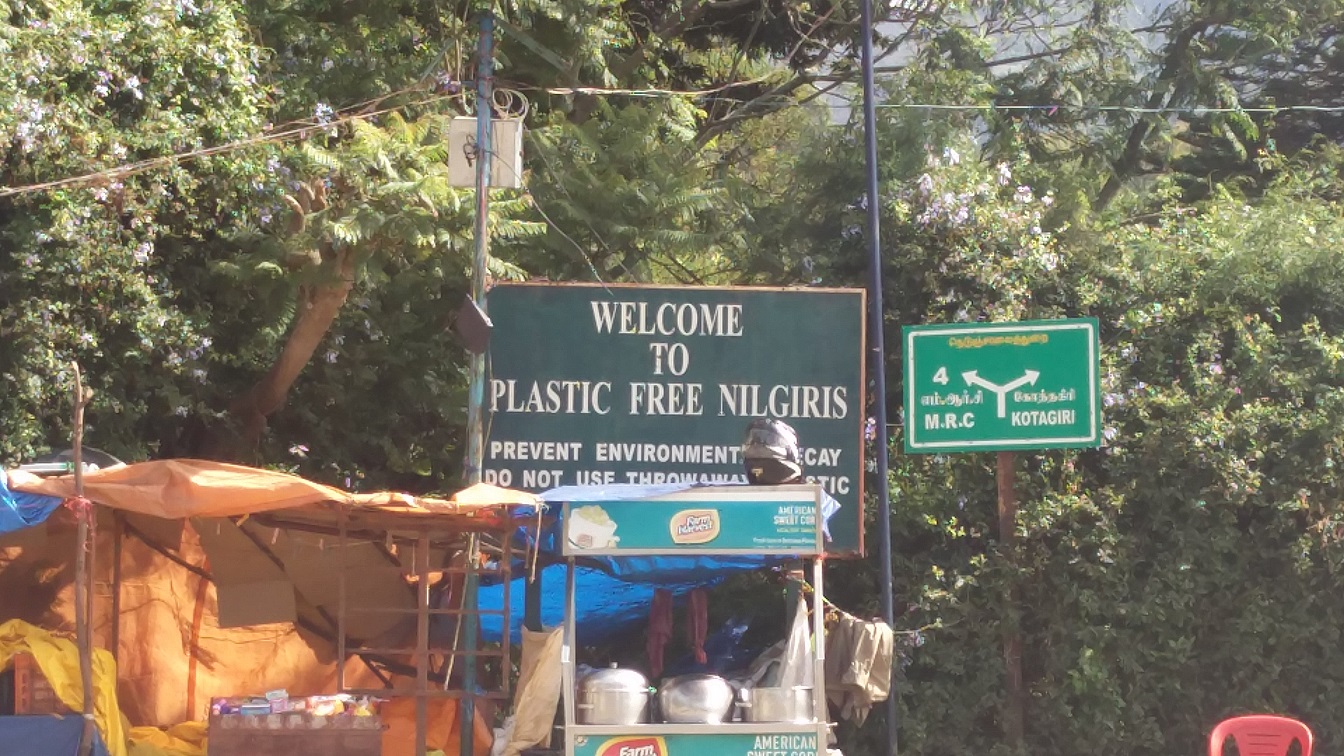
We have been travelling and writing* for more than a decade now. We really don’t have answers to these questions.
We would love to hear your thoughts on this.
(*Inspired by the couple travel writers, Hugh & Colleen Gantzer, whose articles we read in ‘The Hindu’ while growing up)

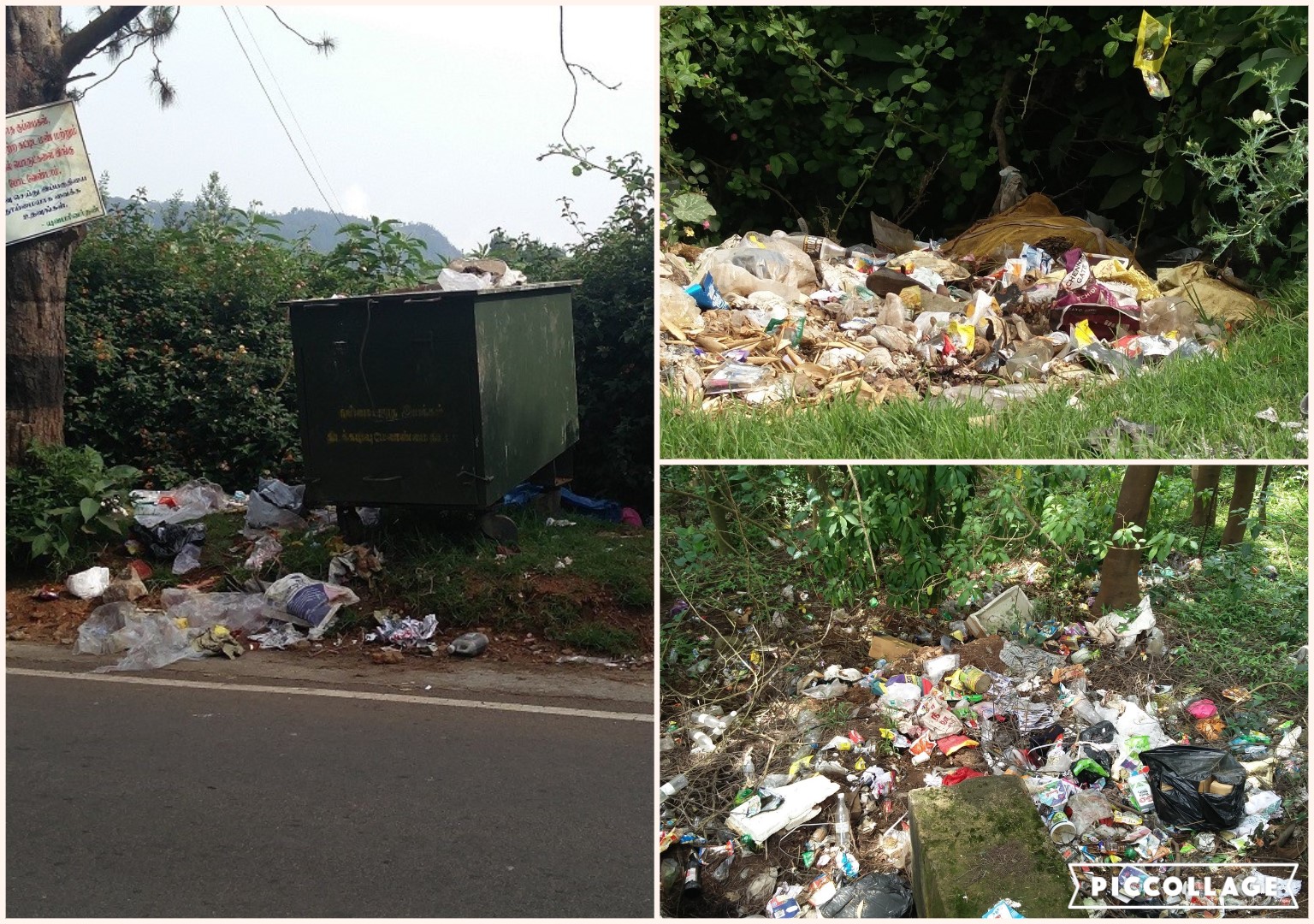
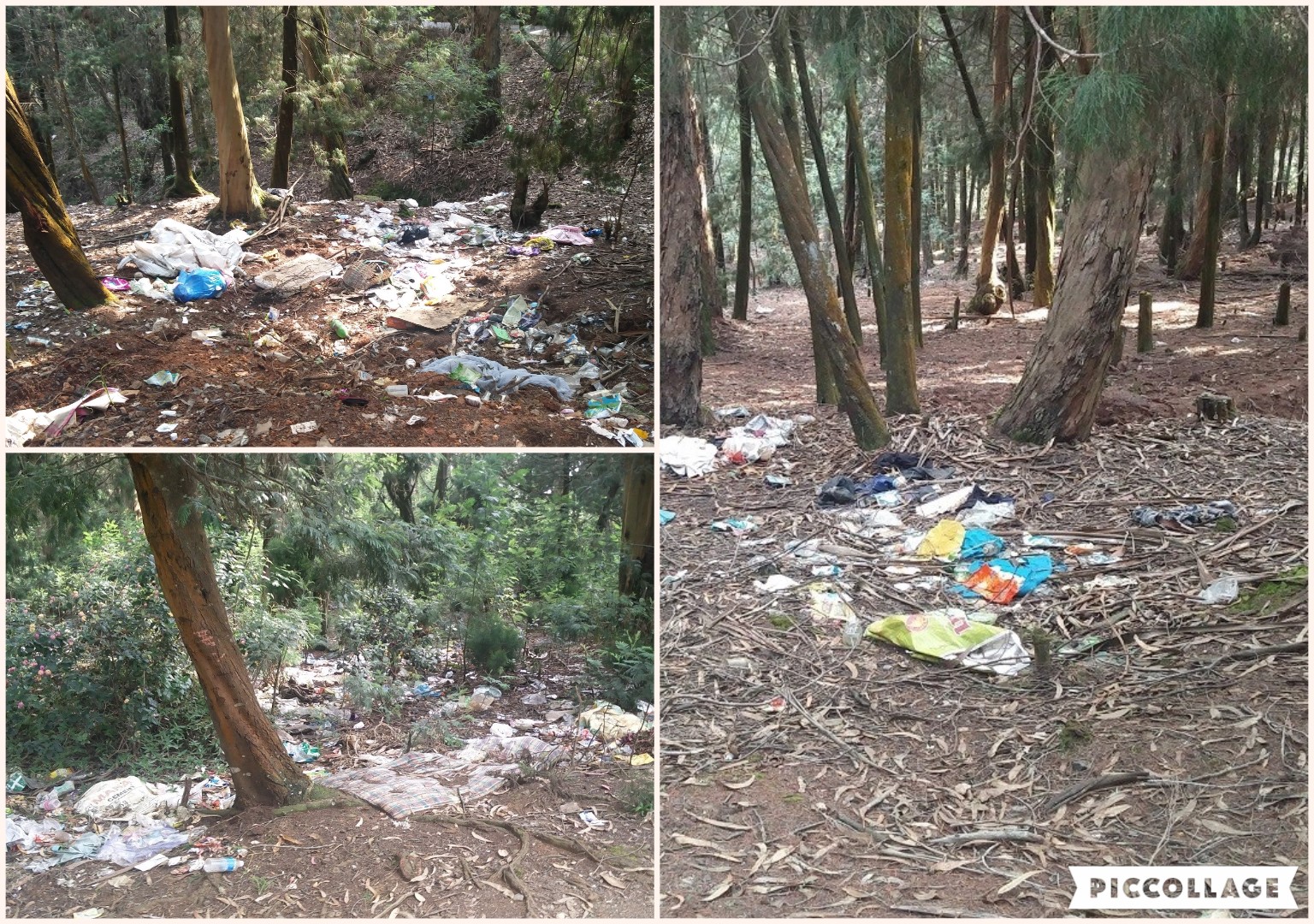
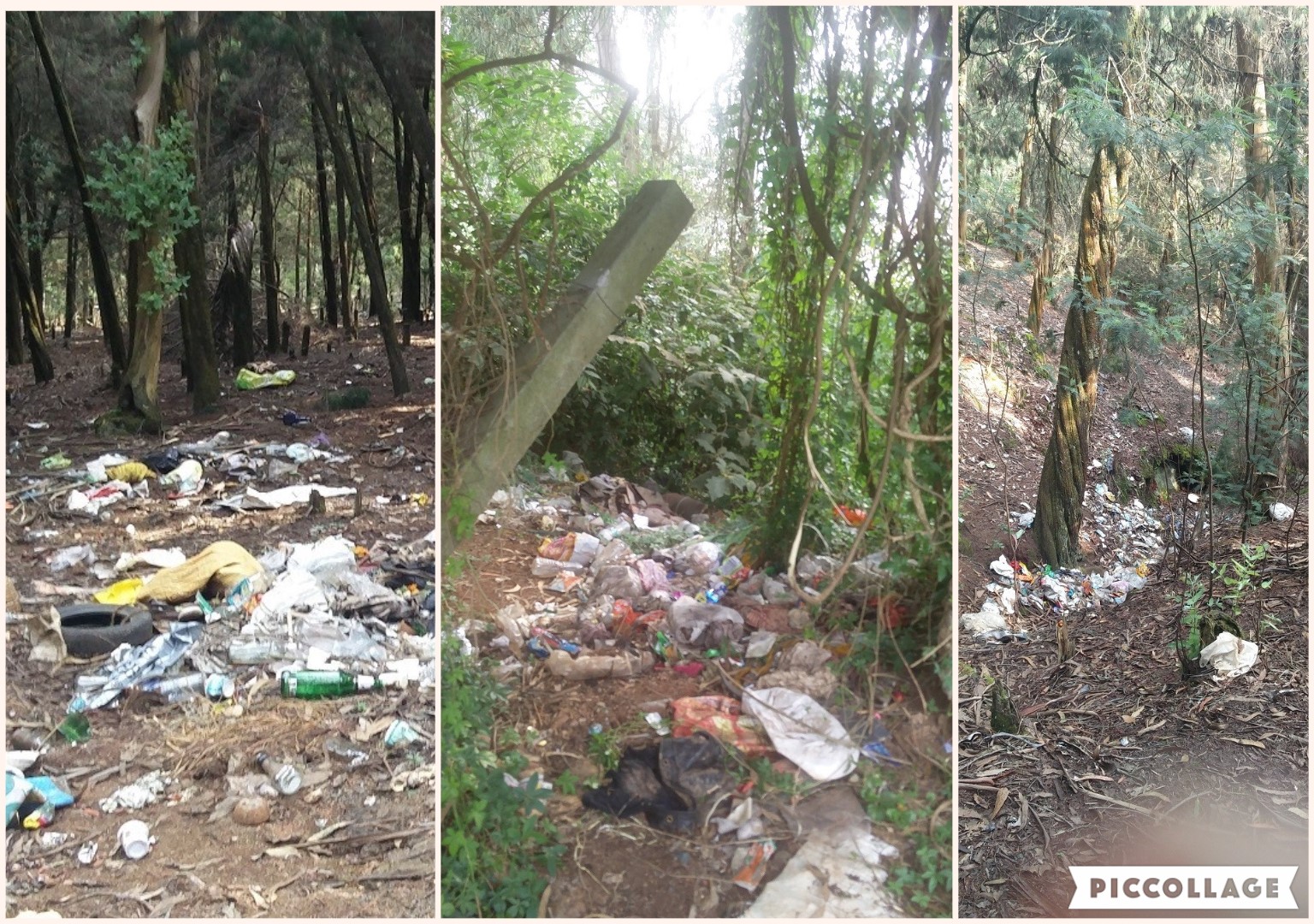
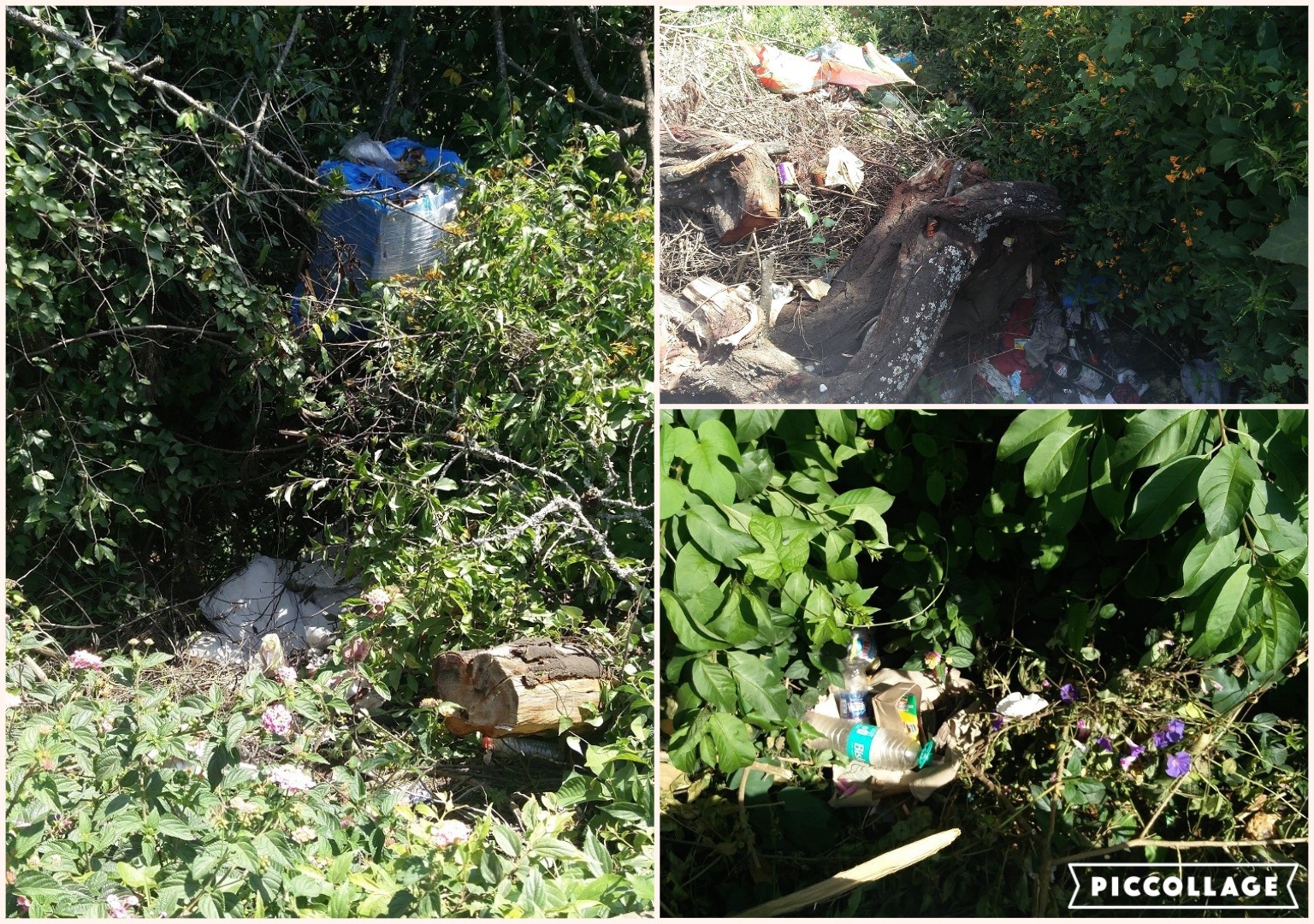
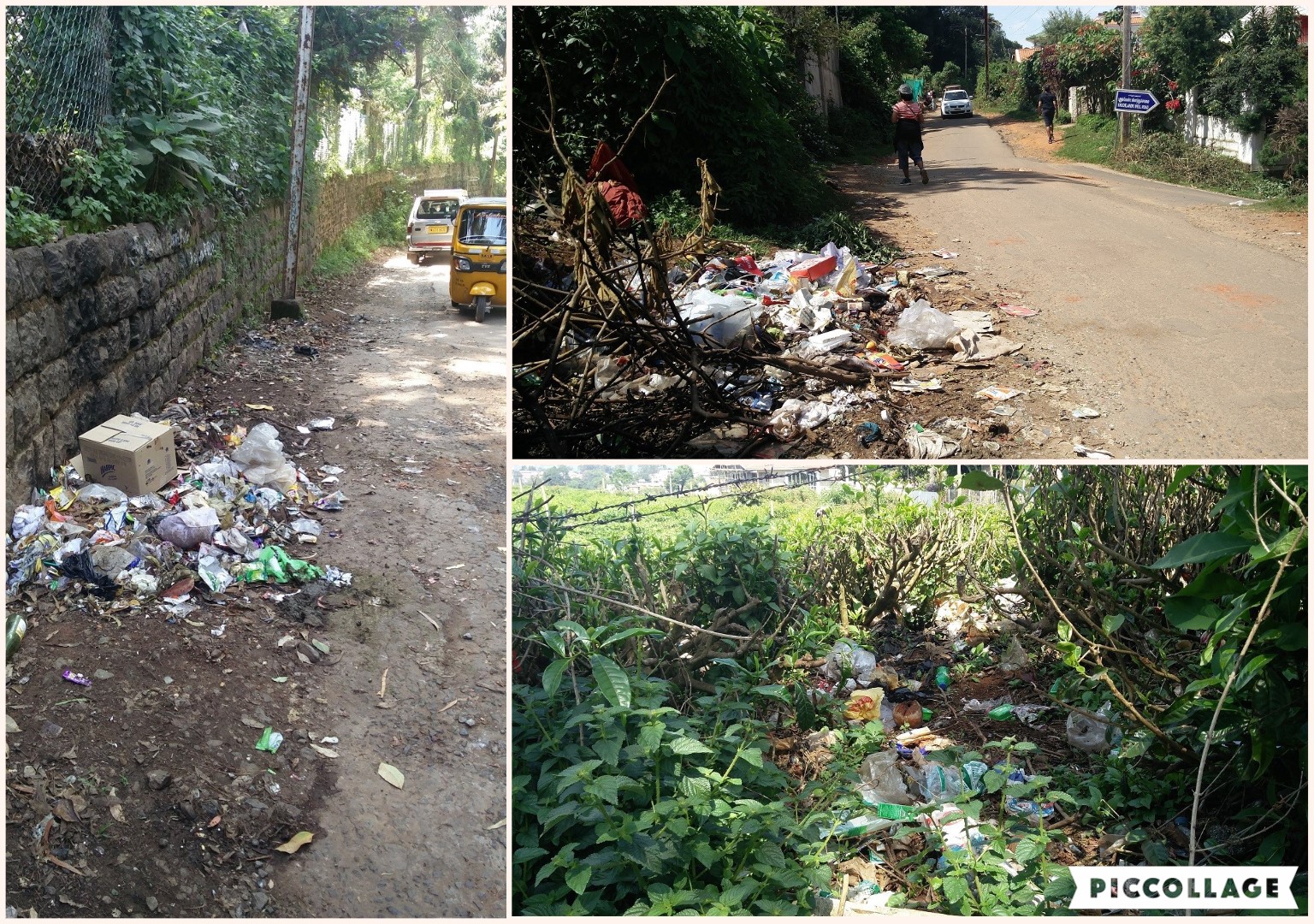
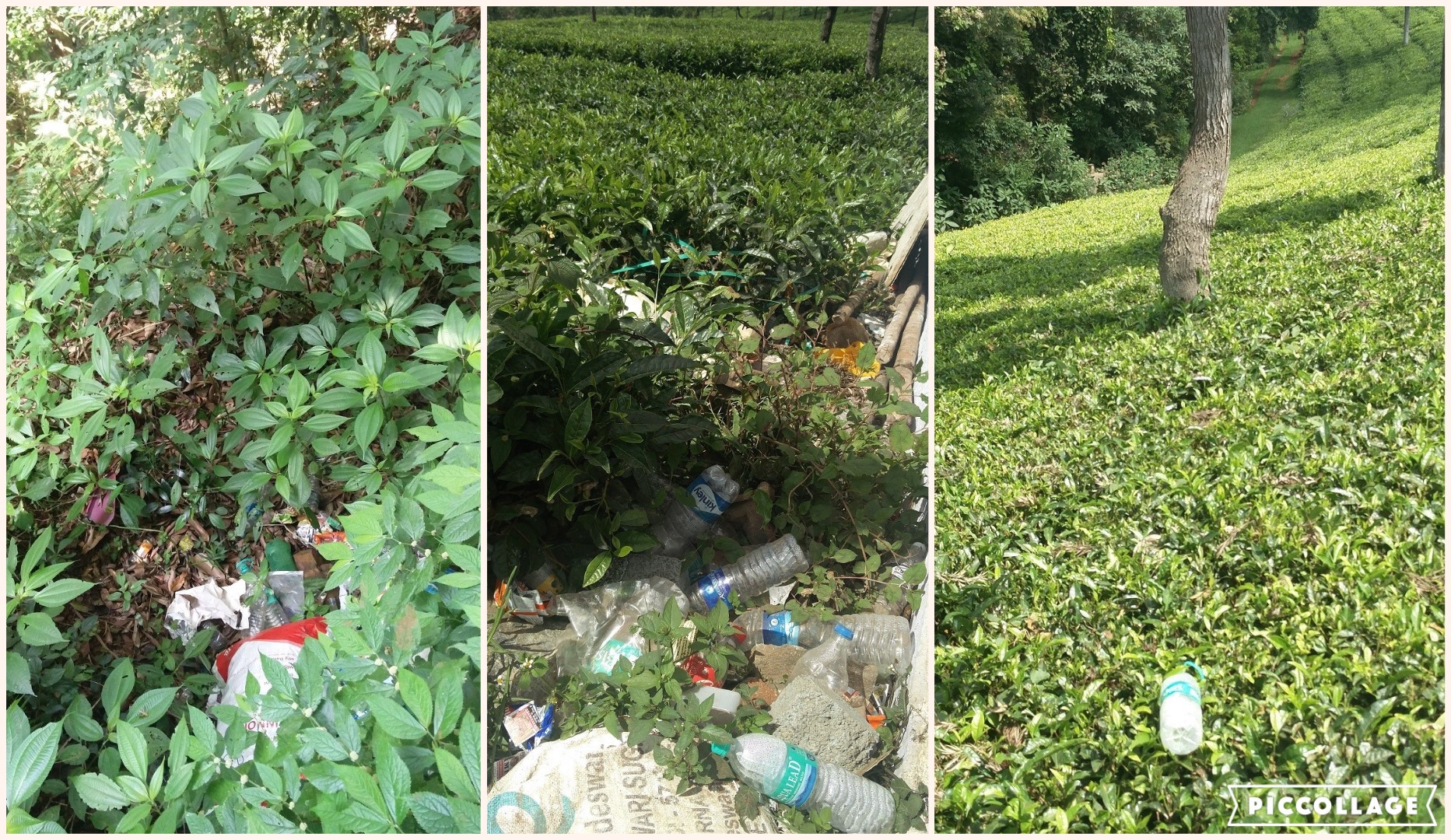
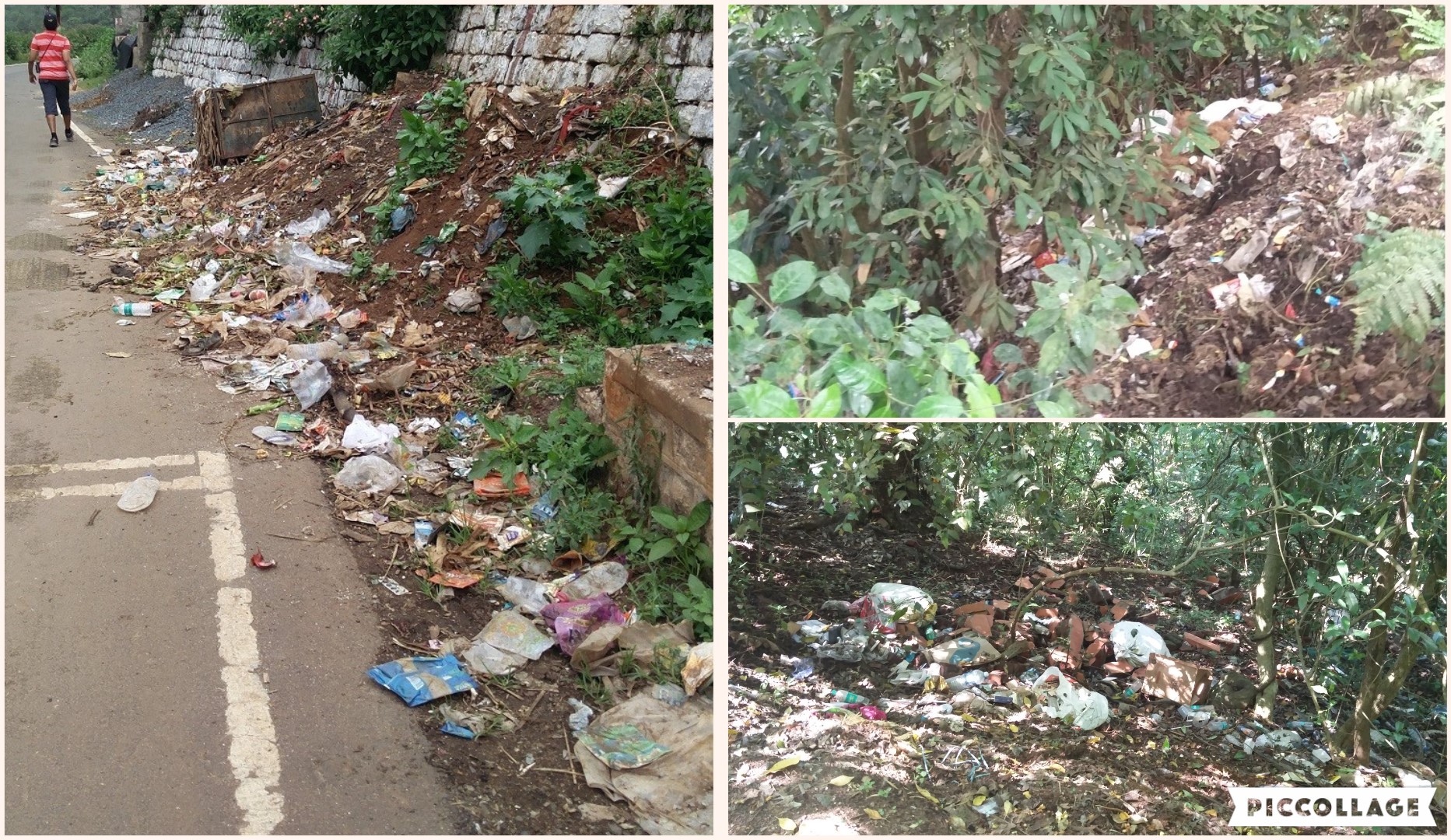
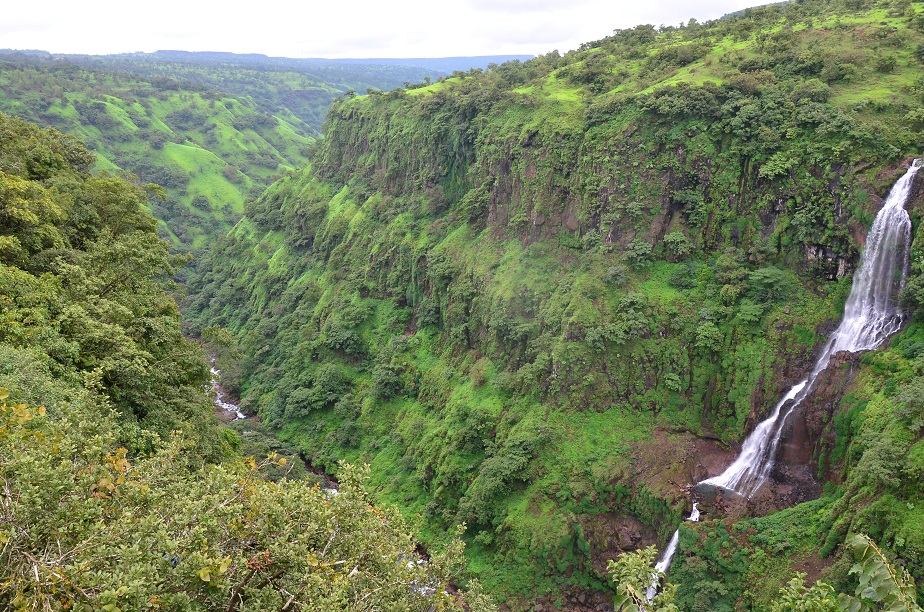
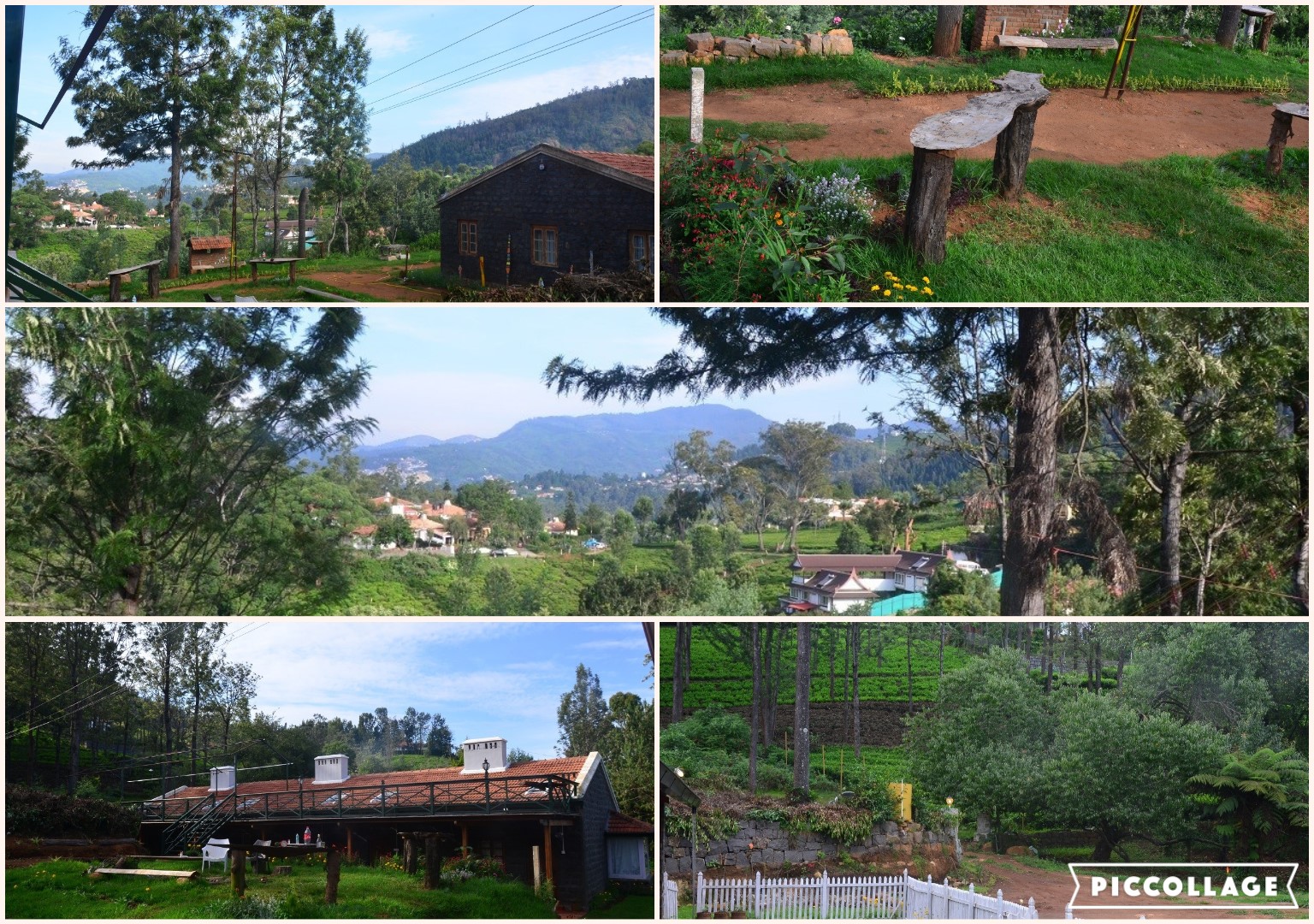

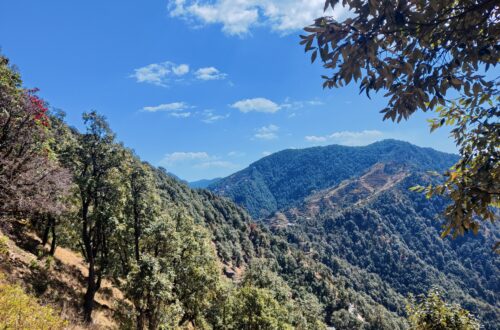
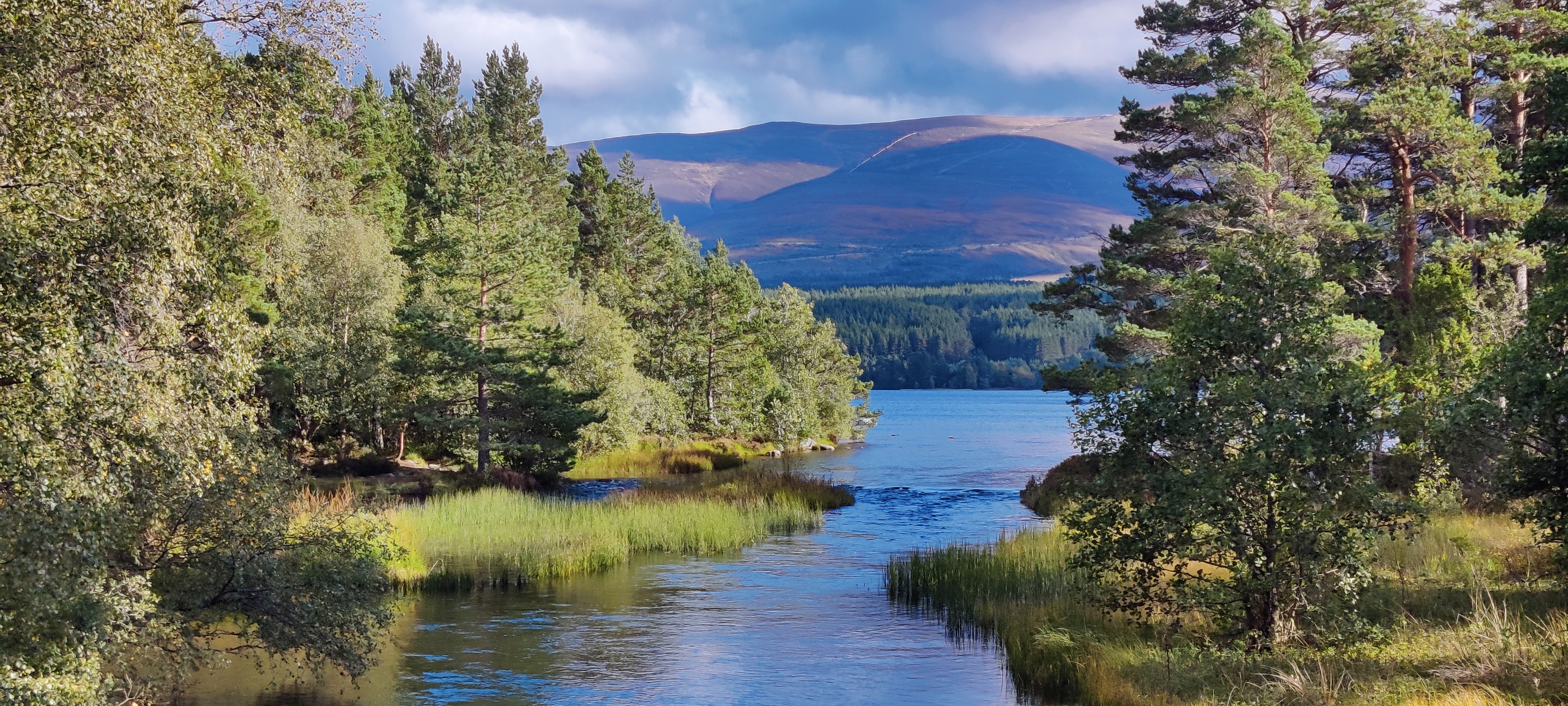
The solution lies in heightening awareness and eco consciousness across the spectrum. Why are our schools and educational institutions so focussed on convergent subjects like math and physics in favour of the environment? We need a mass campaign across media. Leverage industry associations, faith groups et Al. Most importantly I think it’s for each one of us to set an example
Hi Shakti, agree that creating awareness starting with school children is the best way. These can be only generational changes.